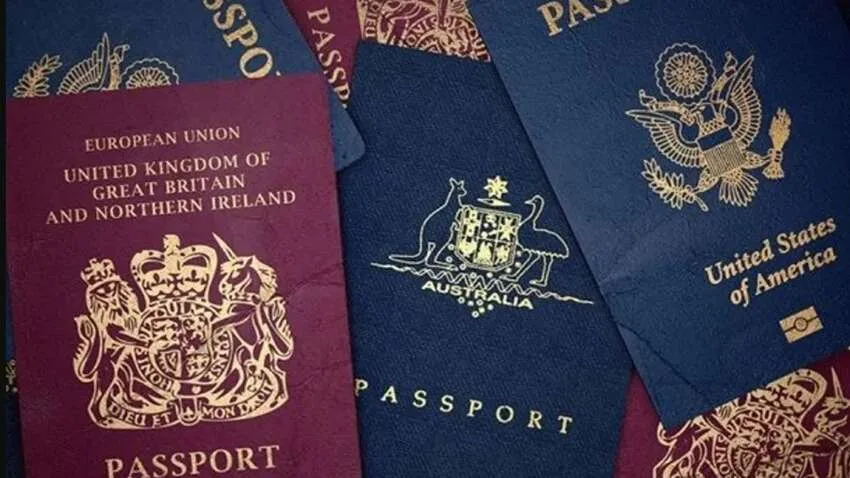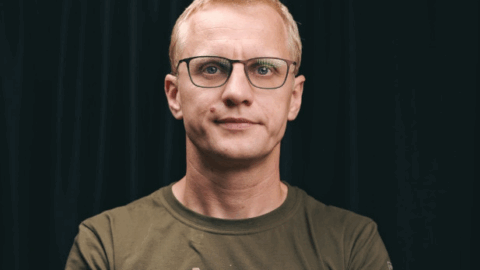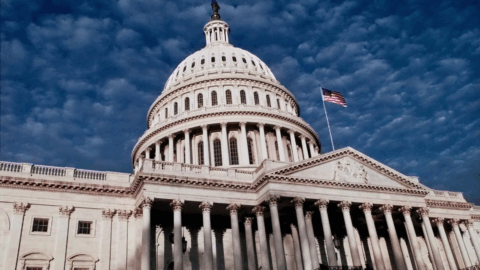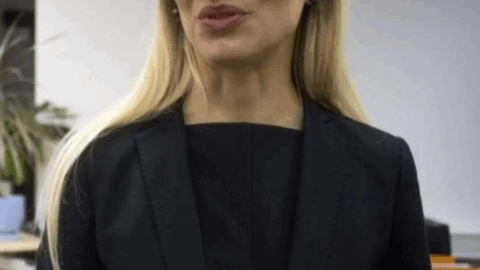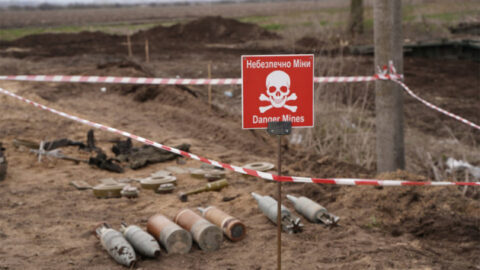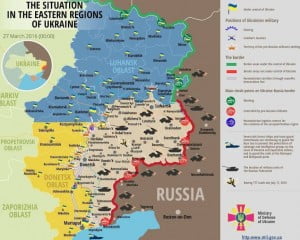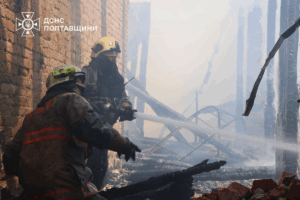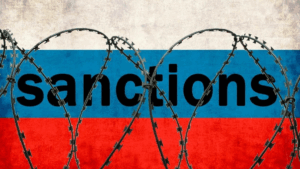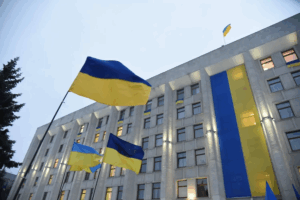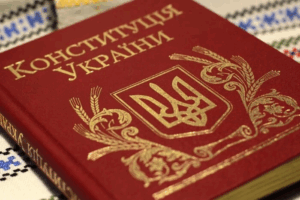The adoption of the law on multiple citizenship contradicts the Constitution of Ukraine and requires intervention by the Constitutional Court.
The Verkhovna Rada of Ukraine has made a decision that, according to experts, may be in conflict with the country’s Basic Law. This concerns the support of an initiative to introduce multiple citizenship.
Constitutional expert and representative of the Centre for Political and Legal Reforms, Andriy Mahera, emphasized during a broadcast on the “KYIV24” TV channel that such a decision contradicts Article 4 of the Constitution of Ukraine, which clearly states that the country has a single citizenship for all its citizens. Mahera stressed that in a unitary state like Ukraine, it is not legally possible to introduce multiple forms of citizenship. Even in many federal countries, this practice is uncommon.
He also noted that historical examples — such as the existence of “USSR citizenship” during the Soviet era — have no legal standing today and cannot serve as a basis for modern changes. According to the expert, the final word on this issue should come from the Constitutional Court. However, due to a shortage of judges, the court is currently unable to issue a ruling on the interpretation of Article 4. In this situation, there is legal uncertainty, which poses risks to the integrity of Ukraine’s legal system.
The “Comments” portal previously reported that on June 18, 2025, the Verkhovna Rada of Ukraine passed the law on multiple citizenship. The decision was supported by 243 Members of Parliament. Yaroslav Zheleznyak, an MP from the “Holos” parliamentary faction, announced the results of the vote in the Verkhovna Rada regarding the law on dual citizenship.
The document, aimed at ensuring the right to acquire and retain Ukrainian citizenship, introduces the concept of multiple citizenship into the legal framework. This means that Ukrainian citizens will now be able to officially hold a passport of another country in addition to their Ukrainian one.
Direct speech: First of all, I see risks of violating the Constitution of Ukraine, because according to Article 4 of the Constitution, there is a single citizenship in Ukraine. Some experts try to interpret the concept of ‘single citizenship’ as merely the absence of citizenship of any administrative-territorial unit of Ukraine — such as oblasts, the Autonomous Republic of Crimea, cities, or communities. But this interpretation does not stand up to any criticism, because even the very framing of the issue is absurd. There is no unitary state in the world that grants citizenship to its administrative-territorial units. Such a thing simply does not exist.
Moreover, I’ll tell you this — even among the federal states of the world, of which there are only about 20, the existence of citizenship at the level of a federal subject is the exception, not the rule. And very often, it is just a fiction. Let me remind you about the Soviet Union, which included the Ukrainian SSR. The 1978 Constitution stated that every citizen of the USSR residing on the territory of the Ukrainian SSR was simultaneously a citizen of the Ukrainian SSR. But this provision was fiction. Although the Presidium of the Supreme Council of the Ukrainian SSR formally had the right to grant citizenship of the Ukrainian SSR de jure, in practice no one had a passport stating they were a citizen of the Ukrainian SSR. It simply didn’t exist.
Therefore, Article 4 of the Constitution of Ukraine should be interpreted only in one way: a citizen of Ukraine cannot hold citizenship or subjecthood of any other sovereign state in the world.
At present, there is a request submitted to the Constitutional Court by Members of Parliament for an official interpretation of Article 4 of the Constitution. Let me remind you: only the Constitutional Court can officially interpret constitutional provisions. However, there is still no ruling from the Constitutional Court. There are partly objective reasons for this — namely, the Constitutional Court does not have a full composition. The Verkhovna Rada, the President, and the Congress of Judges are all shirking their responsibility to fill the vacancies in the Constitutional Court and appoint new judges.
This is the problem we’re facing. Of course, it is convenient for the authorities — they don’t want their decisions to be reviewed or evaluated for constitutional compliance. But in reality, this is a blatant violation of the Basic Law — by the Verkhovna Rada, the President, and the Congress of Judges alike.
Tags: hybrid war hybrid warfare russia ukraine Politics Ukraine
